|
|
|
|
No one is safe until everyone is safe. That’s the mantra behind efforts to secure an equitable distribution of COVID-19 vaccines across the world. But nobody is listening, or so it seems, given that continents like Africa have received a minuscule number of vaccinations compared with, for example, Europe. A big part of the problem, according to Erin Hannah, James Scott, Silke Trommer and Sophie Harman is that too much faith has been placed in multilateral solutions such as the COVAX scheme and suspending intellectual property rights through the World Trade Organisation. There now needs to be a shift towards policy tools that are available to
individual states.
Clashes between nomadic pastoralists and crop farmers are common in many parts of West Africa. Often, the blame for friction is placed at the door of climate change and increasing competition for shrinking natural resources, including water. But there are other drivers too. As Dennis Penu argues, there is a need to look beyond the adverse impact of climate change and explore the strength of institutional frameworks in affected communities. He unpacks findings from Ghana.
Two previously published articles also explored factors behind the violence. Oludayo Tade looked at how politics, the introduction of anti-grazing laws and the use of livestock guards triggered new conflict between farmers and herders in Northern Nigeria. For their part, Janet Ogundairo and Feyisitan Ijimakinwa explained that while the problems had an overriding arc of insecurity, new challenges
contributed to the latest violence. These included uneven access to infrastructural facilities and porous borders.
|
Ina Skosana
Health + Medicine Editor (Africa edition)
|

|
|
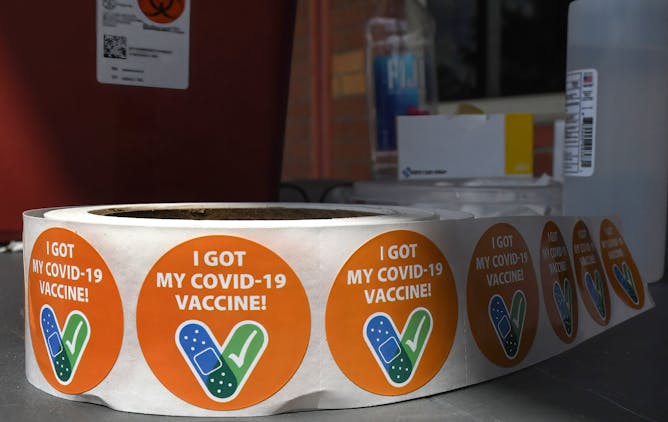
Paul Hennessy/SOPA Images/LightRocket via Getty Images
Erin Hannah, Western University; James Scott, King's College London; Silke Trommer, University of Manchester; Sophie Harman, Queen Mary University of London
The fight for vaccine equity needs to stop looking to multilateral institutions for permission and instead focus on the policy tools that are already available to states.
|
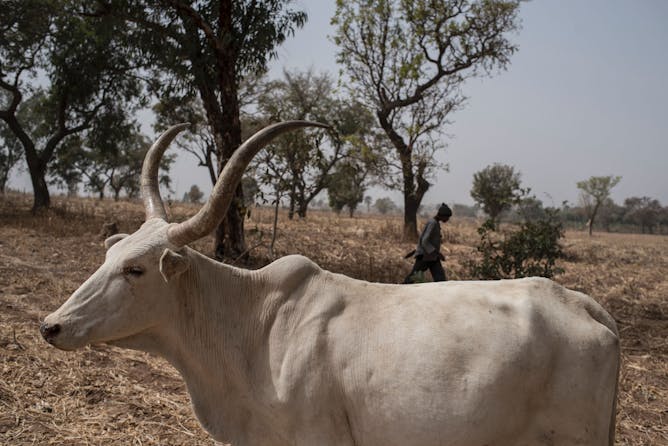
Conflicts between nomadic livestock farmers and crop farmers are common in Ghana.
Stefan Heunis/AFP via Getty Images
Dennis Penu, International Institute of Social Studies
Institutional problems make it difficult to satisfy livestock and crop farmers' interests, already in contest over agricultural resources.
|
|
|
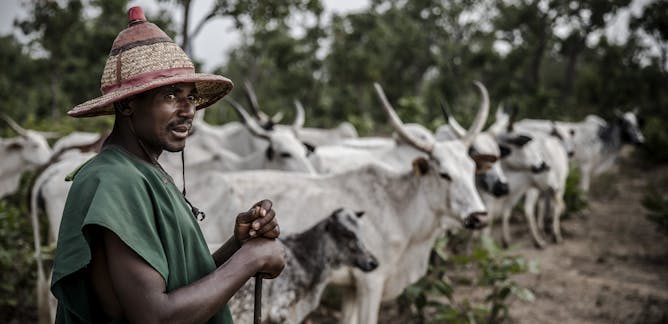
Oludayo Tade, University of Ibadan
Beyond the struggle for land and water, new triggers of conflict between farmers and herders have emerged in northern Nigeria.
| |
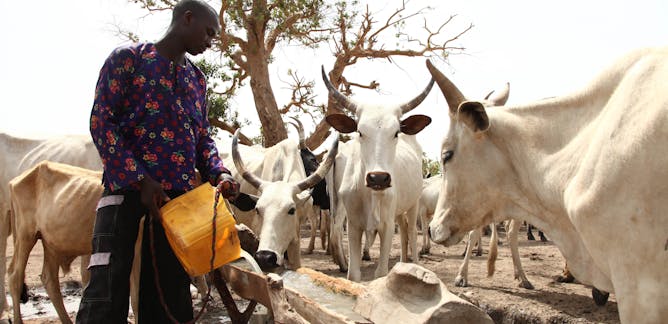
Janet Ogundairo, University of Ibadan; Feyisitan Ijimakinwa, University of Ibadan
Clashes between farmers and herders in Nigeria have their roots in history and an overriding arc of insecurity, but new challenges are contributing to the problem.
|
|
|
Politics
|
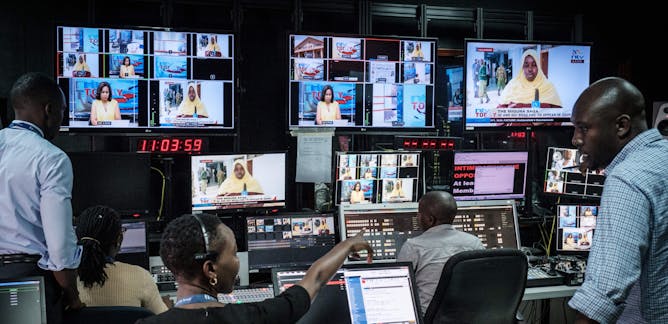
Wambui Wamunyu, Daystar University
Media houses with digital and traditional newsrooms need to create collaborative environments to address the tensions that often emerge between the old and the new.
| |
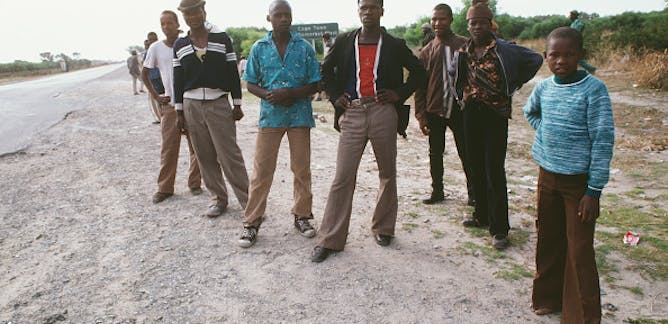
Lauren Graham, University of Johannesburg; Ariane De Lannoy, University of Cape Town; Leila Patel, University of Johannesburg
Relying solely on job placement as an indicator of successful intervention misses out on outcomes that are equally important, or more so, amid high structural unemployment.
|
|
|
From our international editions
|
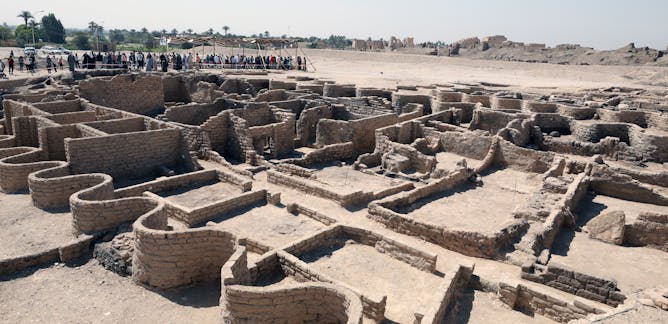
Anna M. Kotarba-Morley, Flinders University
We sometimes call Egypt the 'civilisation without cities'. The Lost Golden City of Amenhotep III will bring new understanding of Ancient Egyptian urban life.
| |
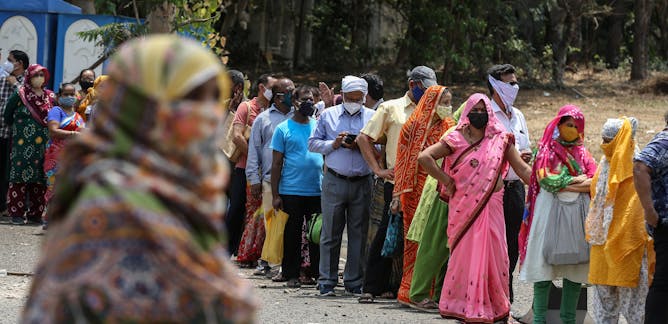
Sujeet Kumar, Jawaharlal Nehru University
Prime Minister Narendra Modi needs to show decisive leadership in not only controlling the surge of the virus, but also providing financial assistance to millions of urban poor.
|
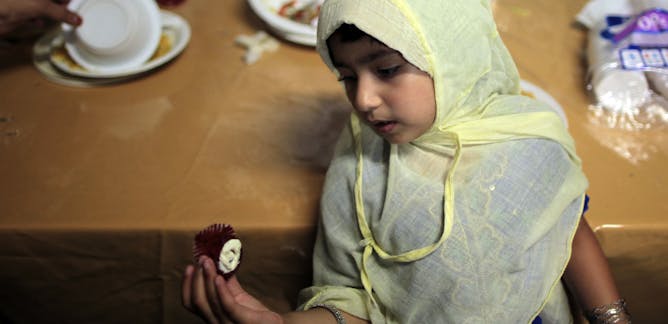
Mohammad Hassan Khalil, Michigan State University
Muslims observe a month-long fast for the holy month of Ramadan. A scholar explains the religious observance and its spiritual significance.
| |
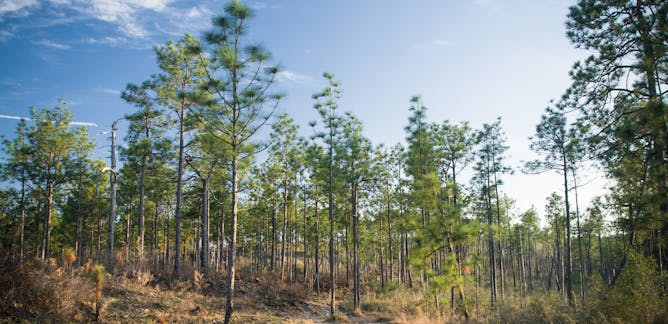
Beronda L. Montgomery, Michigan State University
We may think of plants as passive life forms, but they can cooperate, share resources, send one another warnings, and distance themselves from their communities when survival depends on it.
|
|
|
En Français
|
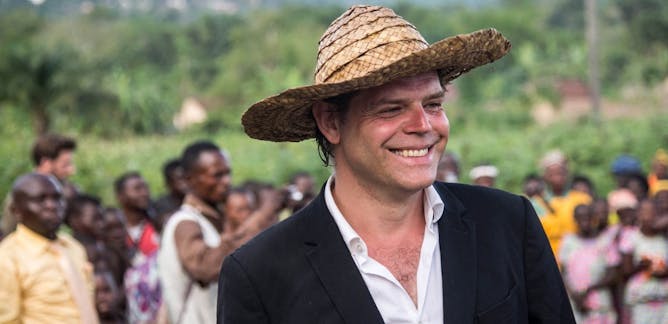
Aymar Nyenyezi Bisoka, Université de Mons
Le documentaire de l’artiste néerlandais Renzo Martins génère d’importants débats aujourd’hui aussi bien en République démocratique du Congo qu’en Europe. Analyse des enjeux d’un film qui fera date.
| |
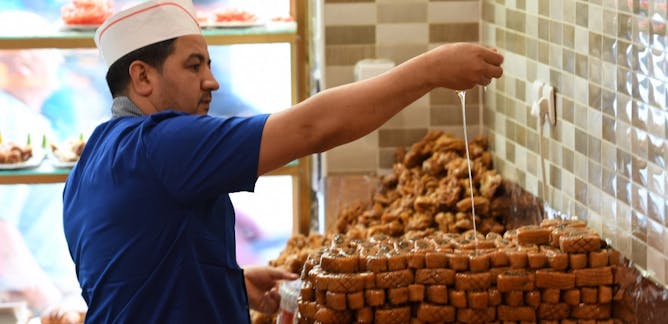
Marie-Claire Willems, Université Paris Nanterre – Université Paris Lumières
Qu’est-ce qu’être musulman·e·s en France ? D’un point de vue sociologique, il existe différents types de catégorisation de soi qui ne se limitent pas à la seule appartenance religieuse.
|
|
|
| |
Featured events
|

|
10 Marais Street, Stellenbosch , Stellenbosch, Western Cape, 7600, South Africa — Stellenbosch University
|

|
27 St Andrews Road, Parktown, Johanesburg, Gauteng, 2193, South Africa — University of the Witwatersrand
|

|
Robert Sobukwe Road, University of the Western Cape, Bellville, Cape Town, Western Cape, 7535, South Africa — University of the Western Cape
|

|
Robert Sobukwe Road, University of the Western Cape, Bellville, Cape Town, Western Cape, 7535, South Africa — University of the Western Cape
|
|
|
|
| |
| |
| |
Would you like to republish any of these articles?
|
|
It’s free to republish, here are the guidelines.
Contact us on africa-republish@theconversation.com in case you need assistance.
|
| |
| |
| |
| |
|
|
|
|
|
|
|